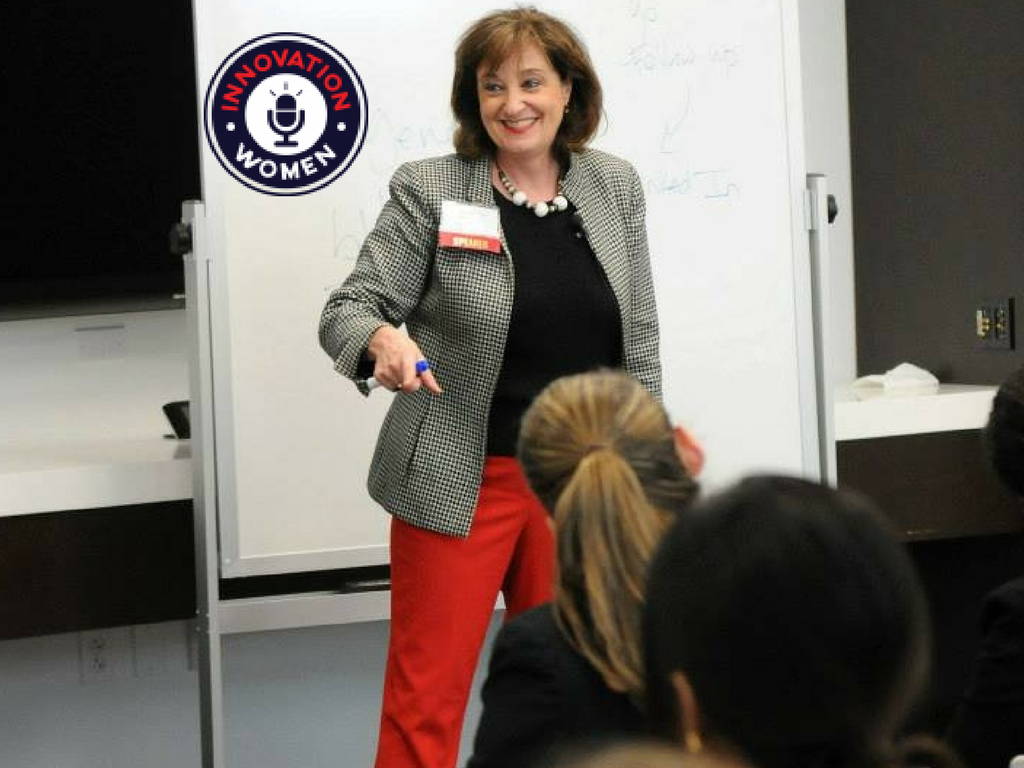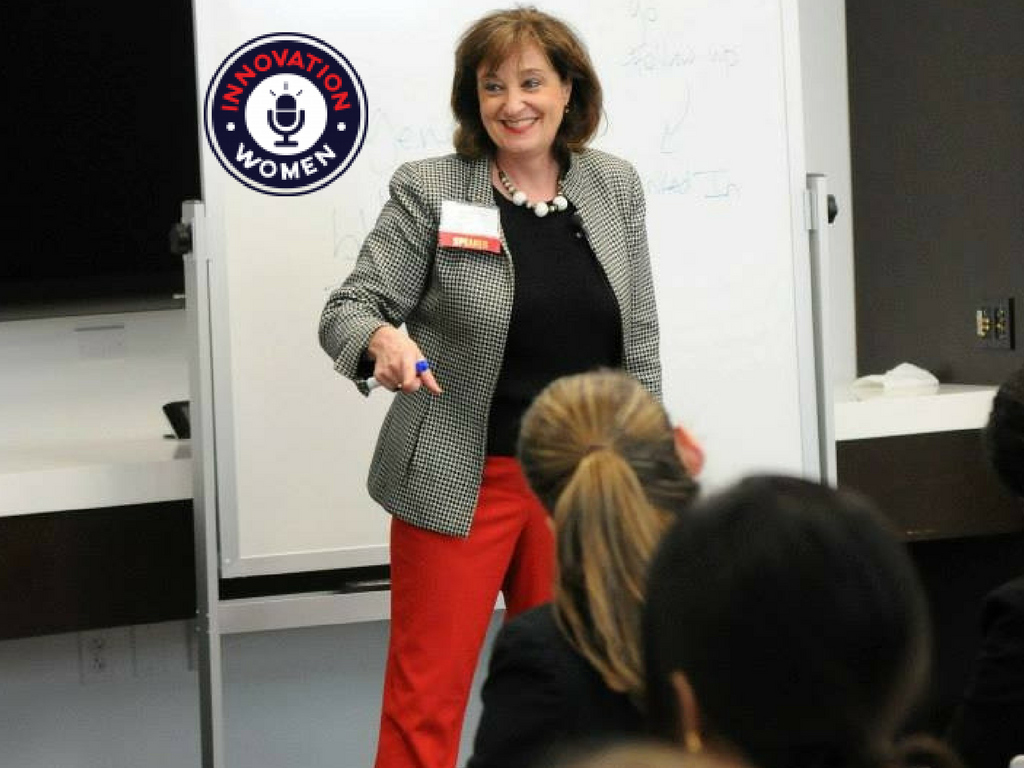
photo courtesy of speakerhub
As an international tour guide, Diane Darling routinely fielded complaints from vacationers who left their belongings in hotel rooms. She spent hours on the phone, convincing concierges to leave no rug unturned. Her investigation into the whereabouts of a favorite sweater made the search for the Holy Grail look like a casual peek behind a sofa. These experiences helped Darling come up with the idea of a database of travelers’ lost items. After speaking to the security directors of the Ritz Carlton and other large hotels when she returned home to Boston, Darling discovered that guests leave an impressive number of valuable items in hotel rooms. One high-end hotel had to buy an extra safe to house the expensive jewelry left behind by foreign potentates in town for medical treatment. Clearly, there was a market for her plan. It was 2001 and Darling knew the internet was about to become a huge part of our lives, so she pitched the concept of an online registry of lost treasures to her boss. He said the idea had merit and he’d speak with her about it at length when he returned from a trip. Unfortunately, the trip Darling’s supervisor took was on a plane, leaving Logan Airport, on September 11, 2001.
Sadly, her boss never made it home. Also, Darling had lost her savings and run up serious credit card debt. It was all gone. What now?
Darling recounted her story to a friend who interrupted her to ask how she had gotten the security directors for all those big hotels to take her meetings. She stopped to think before realizing that had been the easy part for her. She learned a vital lesson that day. Skills she took for granted weren’t as common or obvious as she had thought.
Darling began giving workshops on networking immediately. She taught people how to get into and out of conversations, how to remember names, and how to juggle a plate of appetizers and a drink at an event. Her seminars were instantly popular. People raved about her advice and her authentic manner. In just a few months, her business had grown considerably. On December 4, 2001, a journalist from the Wall Street Journal contacted her to ask if they could profile her. On the same day, a McGraw-Hill editor called about a book deal and a NBC News reporter asked if they could send a film crew to one of her workshops. It was a big day.
Since then, Darling has enhanced her networking seminars to include presentation and etiquette skills, conflict resolution, and many other tools professionals use daily. She has also spoken before the Harvard Business School, London School of Economics, Suffolk Construction, Department of Defense, British Consulate, Junior League, and scores of other corporations and associations all over the world. She’s also added a new feature. Since Darling has always disliked seeing people left out of the conversation, she teaches them how to talk about American football. No, really. She saw that people often planned informal networking events around watching football games and folks from other countries or non-sporting backgrounds were at a disadvantage. Through her course in what she refers to as ‘water cooler football’, people new to the sport can become a part of the team.
Darling’s straightforward manner puts audiences at ease. They learn skills in her workshops they can use every day in their professional and personal lives. Darling uses her natural gifts and lessons she’s learned throughout her career to help people to be better at being themselves.







Add Comment